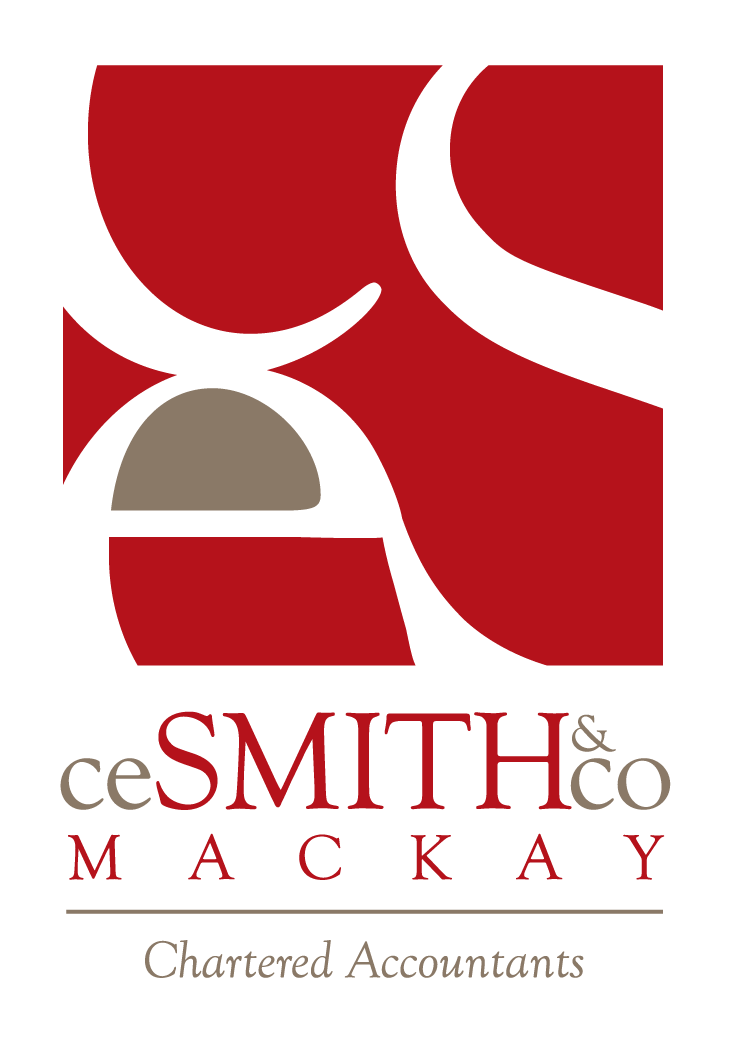Tax Return Tips
Despite the current COVID-19 world in which we live, the procedures for completing and lodging tax returns remains pretty much the same.
Before we talk with you to go over your tax return, certain information will be needed. Of course these days pre-filling takes care of a lot of the “paperwork”, and if you wait until late-July or mid-August the ATO’s systems will most likely be able to provide most of the information from employers, banks, government agencies and other third parties.
We will then be able to double-check the information is correct and enter any deductions you want to claim. However to be thorough, before contacting this office to go over your tax return, here are the sorts of information needed to enable lodgement of your return.
Payment summaries (now called income statements): These outline the income you have received from your employer, super fund or government payments such as from Centrelink or the Department of Veterans Affairs.
Bank statements: Details of any interest you have earned during the period and fees you have paid.
Shares, unit trusts or managed fund statements: Information on dividends or distributions you’ve received (dividends that you’ve elected to reinvest must be declared as income).
Buy and sell investment statements: Needed to calculate capital gains and losses. If you bought or sold any shares you can access the details on your online broking account or you can get them from your investment adviser or stockbroker.
Records from your rental property: If you use a property manager you will probably get an annual tax statement that details income and expenses, otherwise you will need to gather details of income received and expenses paid, including any capital gains or capital losses from the sale of property.
Foreign income: Details of foreign pensions or other foreign income.
Private health insurance policy statement: Needed to complete the private health insurance section of your tax return (could be pre-filled this year).
Income that must be declared.
The taxability of some forms of income may seem obvious, but in keeping with our objective of being thorough, here is a list of common types of income that must be declared on your tax return. (This remains the case even if the amount of income has been affected by the COVID-19 crisis.)
Employment income (including JobKeeper payments)
Super pensions, annuities and government payments
Investment income (including interest, dividends, rent and capital gains)
Business, partnership, and trust income
Foreign income
Income from crowdfunding (for example donations received for a venture in which you intend to make a profit)
Income from the sharing economy (for example Airtasker, Uber or Airbnb)
Other income, including compensation and insurance payments, discounted shares under employee share schemes, some prizes and awards
JobSeeker or other relevant welfare payments.
Check with us if you are unsure about any of these payments.

